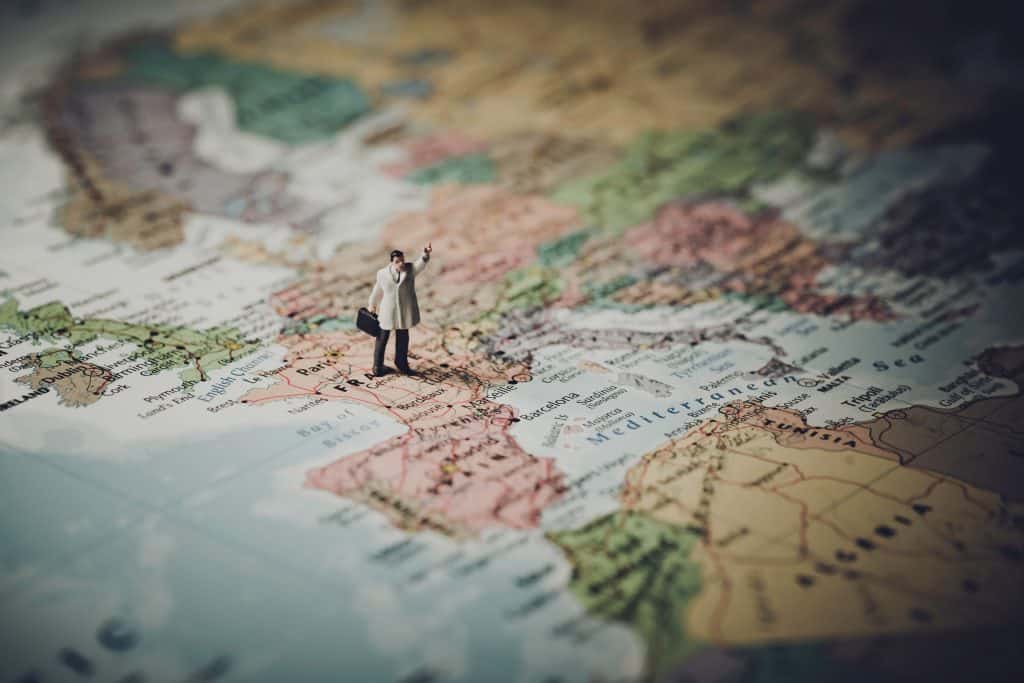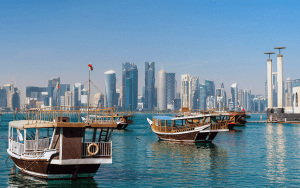They say that we regret the things that we don’t do in life rather than what we do, and choosing the expat life and moving to a new country is undoubtedly an adventure like no other. It offers an exciting opportunity to immerse yourself in another culture, see the world, and satisfy your wanderlust. Yet it is not the easiest of transitions. Moving house is always stressful, but moving abroad brings about a whole new set of challenges. However much you plan, it is bound to be stressful at some point. If you are considering choosing the expat life, check out our top things to consider before you embark on this exhilarating yet terrifying undertaking.
Official Requirements
If you are planning an international relocation, the first thing to think about has to be the official requirements. Whether that is your visa application for your new country, the paperwork, or anything else, these are the essential tasks that you will need to do before you arrive. There are also errands that you will need to do in your home country before you leave, such as canceling the newspaper or your gym membership or forwarding your mail. You may also need to inform the authorities in your home country. For example, if you are from the UK, you will need to let HMRC know of your plans before you leave and US citizens will need to mail their tax returns each year. You should also check what paperwork you will require to settle into your new home, and take plenty of copies of all your official paperwork as well as the original documents.
Money
It is often easier to set up a new bank account when you arrive at your destination. You may also wish to keep your current bank account open, but it is advised that you inform them that you will be moving abroad and potentially using any debit or credit cards in a new area. If you plan on transferring money from your new country to your home country or vice versa, get information regarding withdrawal fees or research the best online money transfer services. It is advised that you exchange some currency before you leave, as having some cash for the first few days can make things easier.
Career Opportunities
Some expats already have their job before they move and may even be relocating for career reasons. However, this may depend on you and others will prefer to job hunt when they arrive. Take copies of your references and speak to your referees to check that they are happy to be contacted. If you plan to teach English as a foreign language, do some research into which TEFL course is preferred at the local schools and language institutions. Also, depending on what job you are applying for, you may need a criminal background check which is easier to acquire before you leave your home country.
Language
When it comes to the local language, brushing up on the basics can make all the difference. Whilst English is commonly spoken around the world, you can never assume. Consider attending lessons before you leave, or download language learning apps to get some practice. However, it is noted that when you are living there you are likely to learn at a much quicker pace, and you do not necessarily need to be fluent before you arrive.
Making Friends
Building a new social network can take time, but making friends in your destination country is one of the best things about moving abroad. See what clubs and communities are available in your local area. You can also join groups on social media to get in touch with other expats in the area. This is a great way to get a feeling of a town and to gain some idea about the various challenges that people who already live there are facing. Social media is also a great way to keep in touch with friends and family at home, helping to reduce homesickness and keep everyone up to date with the latest in your adventure.
Health Care
Unless your new job comes with benefits or depending on the country you are traveling to, you will also need medical insurance. Compare health insurance deals and check the policy thoroughly to ensure comprehensive coverage. You may also require immunizations, and you should check which ones are recommended for travel to your new country. Sometimes it can take some time to organize a doctor, and so it is advised that you take at least a month’s supply of any essential medication.
Laws and Legislation
Acquaint yourself with the local laws and regulations to ensure a successful trip. Also, if you plan on driving in your destination country, check out the driving laws and whether you will need an International Driving Permit.
Shipping and transportation
Often, it can work out cheaper to buy new items at your destination rather than ship them from home as this can get expensive. Store, sell or donate any items that you are not taking with you. If you are planning on taking everything but the kitchen sink, consider contacting a professional transportation company to help you with the move, but always check reviews online to ensure you pick one with a good reputation.
Pet Transportation
Our pets are very much important members of our families, and some people will also need to consider how they plan to take their fur baby with them on their overseas adventure. The rules regarding pet transport will differ depending on your destination and home country, with requirements usually including microchipping, up to date vaccinations, and possibly quarantine. You will also need to take a copy of all updated documents, and ensure that your pet has all of its necessary medications.
Cultural Differences
We have all heard that travel broadens the mind, and moving to a new country provides cultural immersion like no other experience. As a result, many people experience culture shock when they first move to a new country, and the expat blues are a common occurrence. Embrace cultural differences with an open heart and mind and resist the urge to compare.



































